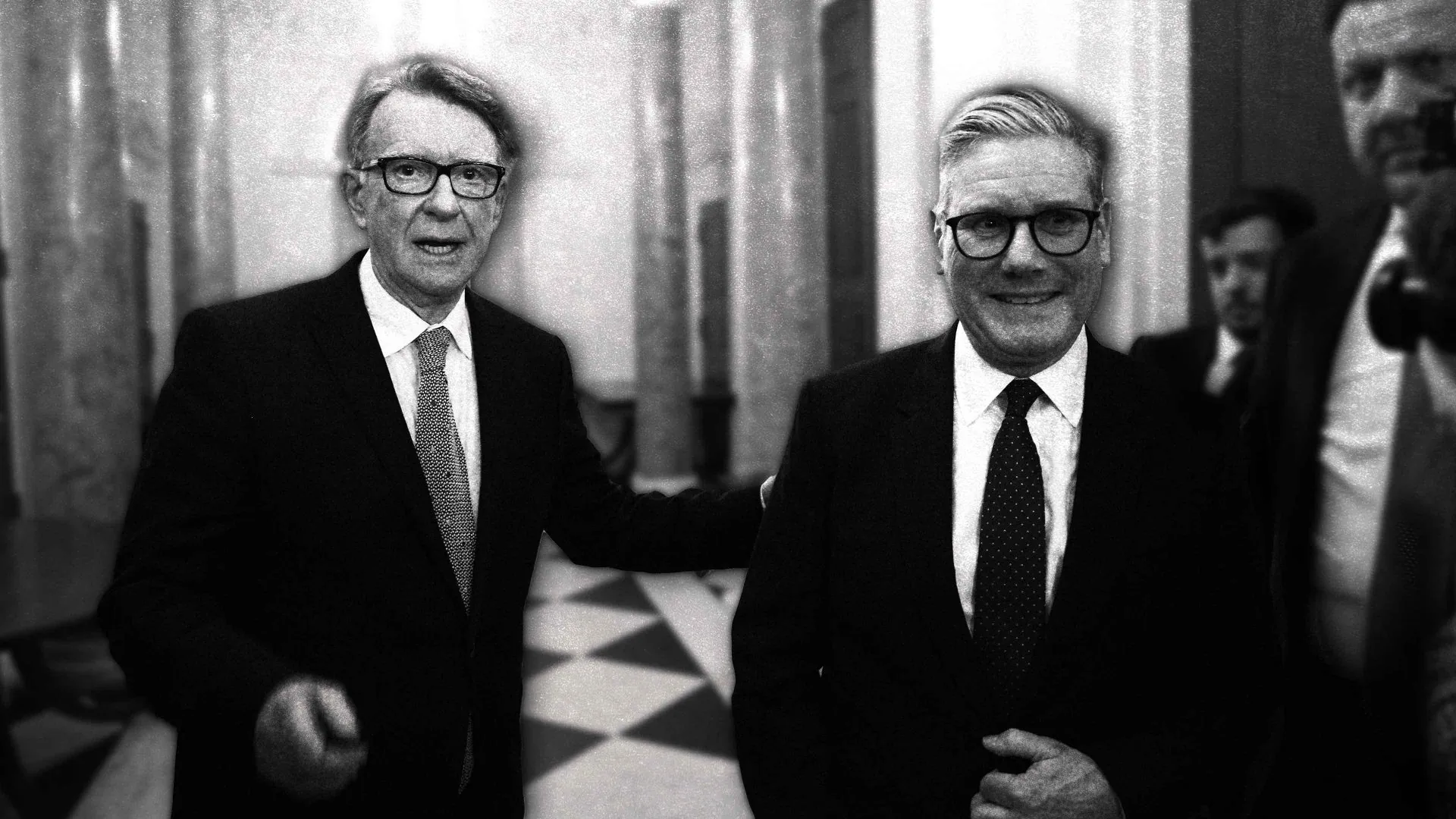Europe needs to get real on defence; Britain needs to get real on Europe
13 February 2025
5 minute(s) read
Recent Posts

13 February 2026
Posted by Alastair Campbell

500. Japan, China, and the Fight for Taiwan (Question Time)
Are Japan and China closer to conflict over Taiwan, after the landslide victory for Japan's 'Iron Lady', Sanae Takayichi? Does Trump’s crumbling American-Hispanic vote explain his extreme reaction t... Continue12 February 2026
Posted by Alastair Campbell

Alastair Campbell’s diary: Am I still a friend of Peter Mandelson? It’s complicated
I find it hard to think he didn’t hear and see things that made him feel he had to get Epstein out of his life... Continue
11 February 2026
Posted by Alastair Campbell

499. Is It Game Over for Starmer?
As Starmer begins to lose his key aides and allies, is his departure from Number 10 now a matter of when, not if? Is the UK actually becoming ungovernable? Will the latest revelations about the level ... Continue9 February 2026
Posted by Alastair Campbell

I’m sleepless, angry and anxious over this – and I know I’m not alone
Editor-at-large Alastair Campbell on the reaction to the Mandelson affair, the calls for Starmer to go, and what happens to this government - and the United Kingdom - next... Continue
9 February 2026
Posted by Alastair Campbell

175. Ex-Director of GCHQ: China, Russia, and the Threats Facing the UK (Jeremy Fleming)
Do Russia or China represent a bigger risk to UK national security? Why are we underestimating the threat posed by cybercriminals? Who holds the real power - ministers or spies? Rory and Alastair are... Continue9 February 2026
Posted by Alastair Campbell

498. Alastair Reacts to Starmer-Mandelson Turmoil
How should the government and politics as a whole respond to the latest revelations about the scale of Epstein's influence, and Mandelson's abuse of power? If Starmer goes, who and what comes next? Do... Continue8 February 2026
Posted by Alastair Campbell

174. Taking On Europe’s Last Dictator: The Fight Against Lukashenko and Putin
How did Sviatlana Tsikhanouskaya go from being a housewife to leading a Belarussian government in exile? How did Aleksandr Lukashenko become the last dictator in Europe? Why was Segei, Sviatlana’s h... Continue6 February 2026
Posted by Alastair Campbell
‘Mark’ Stevenson – though if I know Alastair this will be a deliberate burn. Just a note Alastair, the usual names we use for this trick are “Bob” and “George” but probably Paul was better for hiding your tracks lol